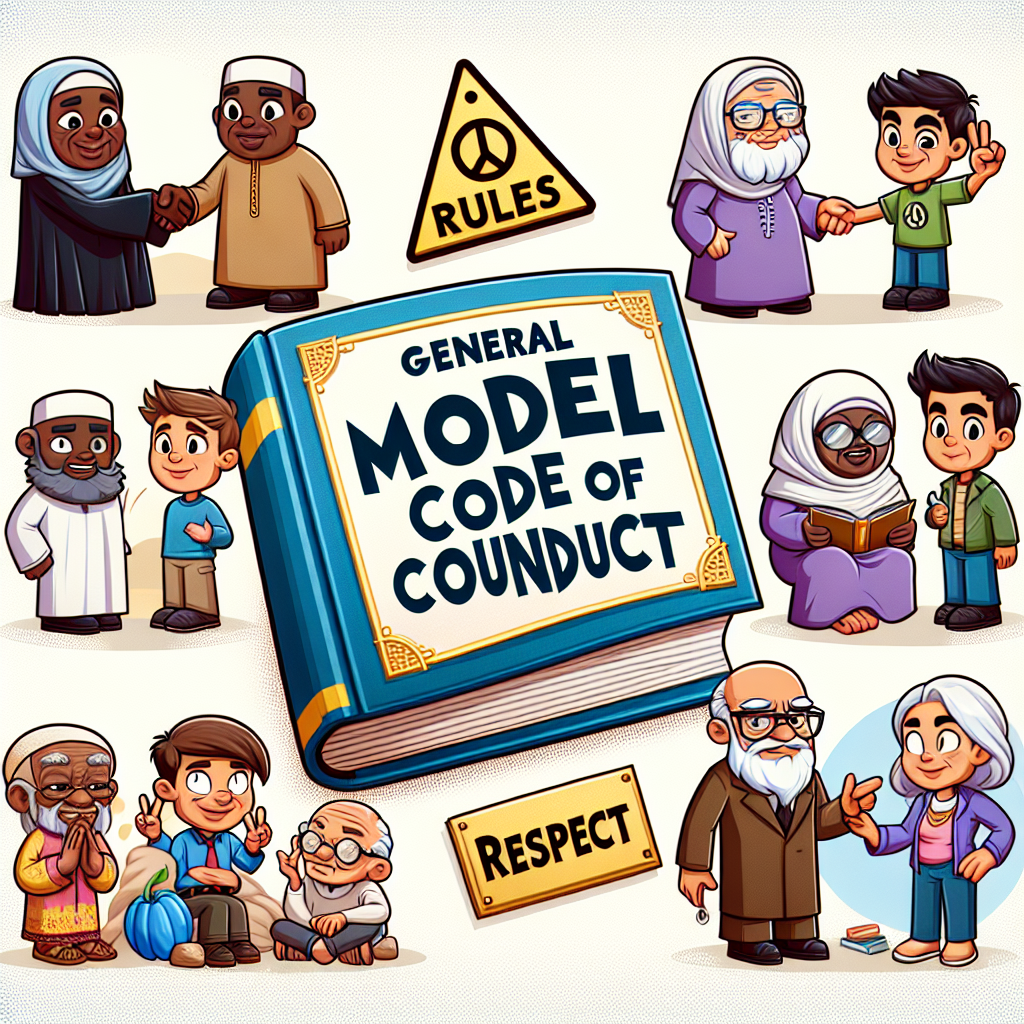Navigating the Milestones: ASEAN, China, and the South China Sea Code
ASEAN and China are urged to resolve 'milestone issues' in their South China Sea code of conduct talks, including its scope and legal binding status. The Philippines emphasizes the need for substantive discussions, while China asserts its sovereignty over the sea amidst tensions with its neighbors.

The Association of Southeast Asian Nations (ASEAN) and China are being called to address critical 'milestone issues' in the discussions for a code of conduct concerning the South China Sea, according to the Philippine Foreign Minister Enrique Manalo. These issues include the code's scope and its potential to be legally binding.
The ongoing disputes over the South China Sea have strained relations between China and its neighbors, including the Philippines, Vietnam, and Malaysia. Despite a 2002 agreement to establish a code of conduct, discussions have progressed slowly. Manalo highlights the urgency of negotiating substantive aspects to advance the talks.
China continues to assert sovereignty over the majority of the South China Sea, a claim contested by neighboring countries and not recognized by a 2016 arbitration ruling. Meanwhile, ASEAN grapples with other regional challenges, including Myanmar's political situation, with discussions on electoral legitimacy and inclusivity remaining critical.
(With inputs from agencies.)










